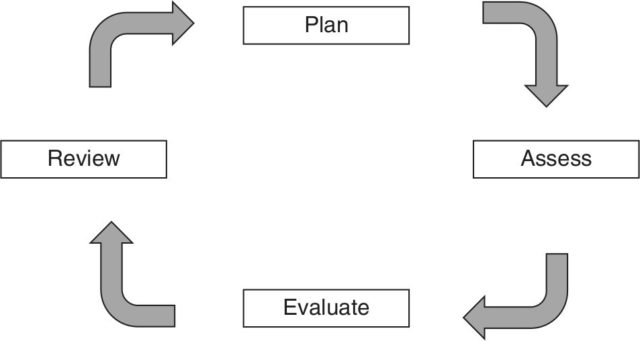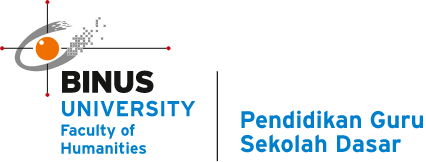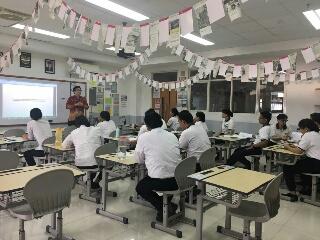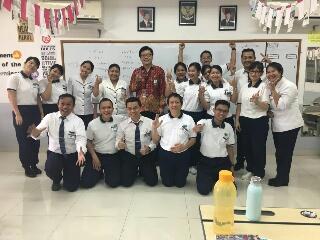Assessment for Learning: Challenges for a Better Learning (Teachers’ Workshop at Tzu Chi Primary School, PIK)
Oleh:
Jimmy Sapoetra, S.S., M.Pd.
Assessment forms part of the current accountability culture where the stakes are high and the word is synonymous with competition (Wragg, 2001). Assessment can be in many forms but there seem to be two purposes: the macro and the micro. On the one hand, the government and local authorities require assessment data to illustrate the progress of schools and to compare school with school – the macro level. On the other, pupils improving in learning and teachers adjusting their teaching, almost a secondary reason for pupils undertaking assessments, takes place at the micro level. Learning through assessment almost flips the assessment purpose on its head to ensure that the pupil and their learning are central to the process.
Taking place at Tzu Chi Primary School, Pantai Indah Kapuk, I gave a seminar entitled: “Assessment for Learning: Challenges for a Better Learning” for primary school teachers. There were 20 teachers attending the seminar. The seminar was trying to give a clear picture of what assessment is all about. There are two types of assessment: formative and summative. The formative assessment deals with the process of learning. Learning for a better assessment and assessment for a better learning. These two sides of a coin have one main purpose: to create a smooth and fruitful learning process which involves a valid and reliable assessment. There is no doubt that learning must be understood as a cycle. The figure below explains what it means:
 Figure 1. The Cycle of Learning Process
Figure 1. The Cycle of Learning Process
All participants were enthusiastic and during the Q & A session, there were several questions
arouse:
1. What is the difference between formative and summative assessment?
2. What is meant by: assessment for learning and assessment of learning?
3. What is a good assessment?
4. Why is a valid and reliable assessment important in the learning process?
5. How to apply the principles of good assessment in the learning process?
The second session of the seminar was a workshop: “How to apply interesting methods of assessment in Social Science subjects at Primary Level?” There were approximately ten activities which were discussed and being practiced by the participants. Again, the teachers were very enthusiastic and presented varieties of assessment methods to be used in the classroom. Hope the seminar and workshop will be beneficial for the school especially the teachers. Looking forward to having another seminar or workshop in the near future.



Comments :